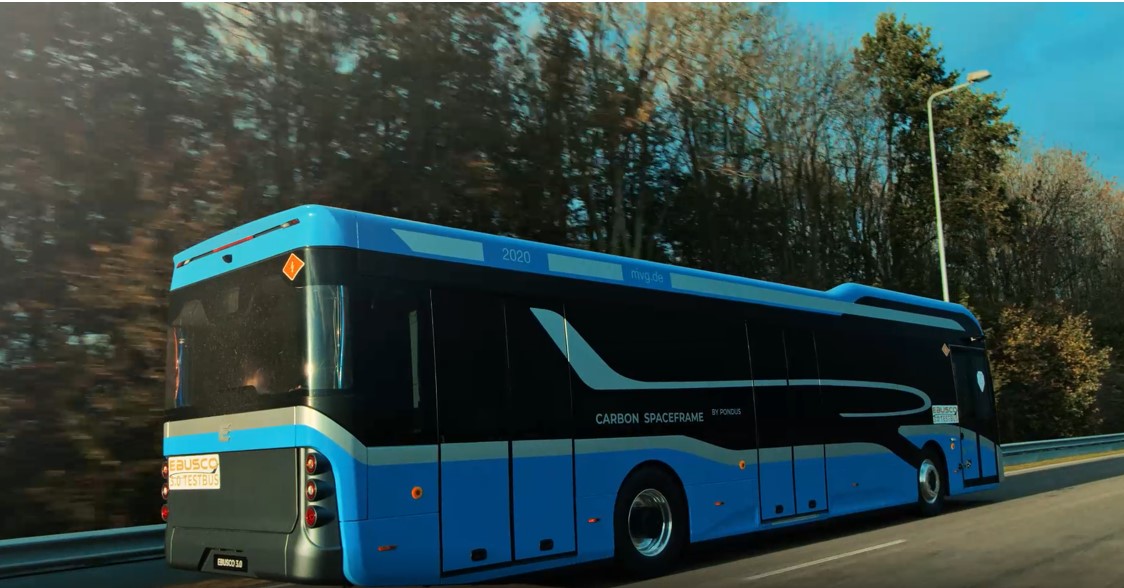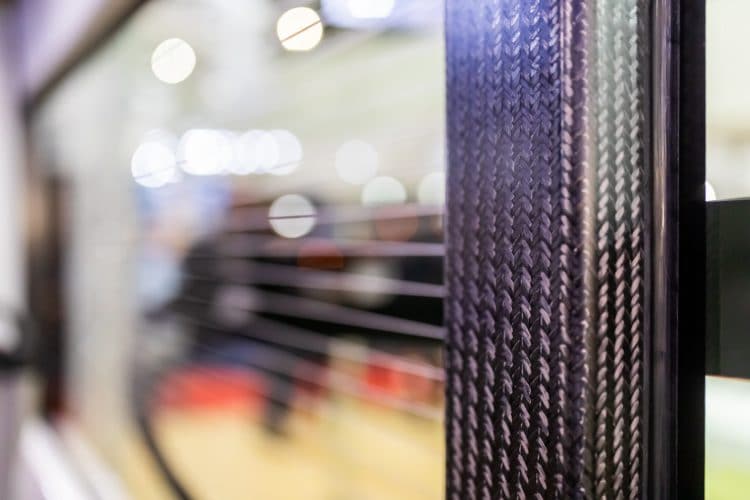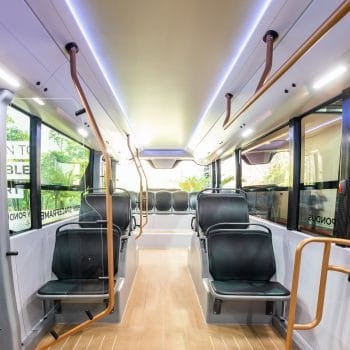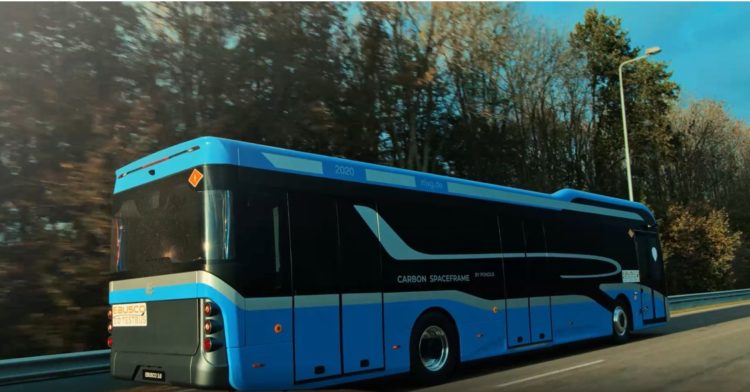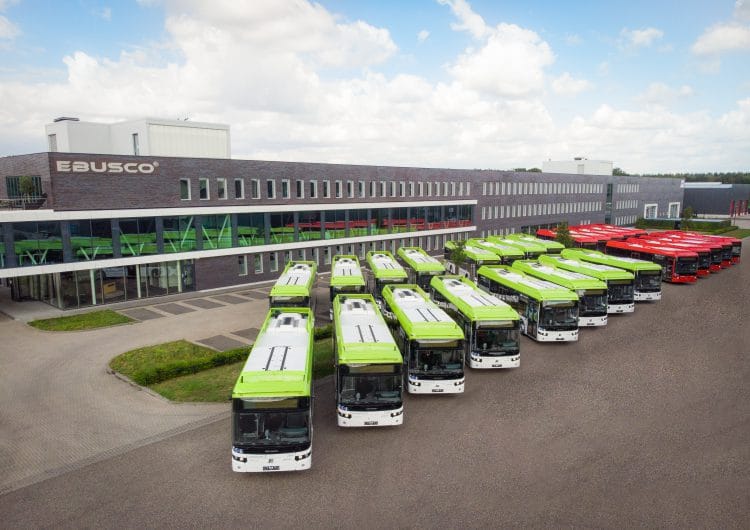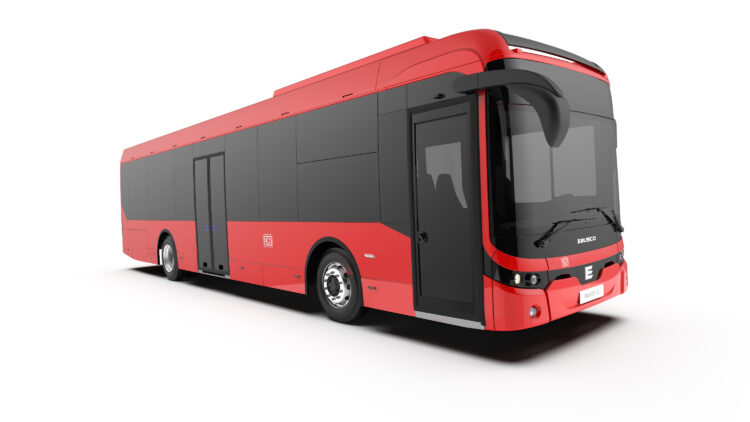How do you develop the lightest possible bus? This is the idea behind the Ebusco 3.0, which will enter service for the first time in Germany later this year. The body of this electric bus is made of composite materials, making it a third lighter than its predecessor. These materials have long been used for aircraft components, so the Dutch bus manufacturer teamed up with experts from the aviation industry.
That is what makes the Ebusco 3.0 so unique, according to Harm Keunen. He worked at Fokker Landing Gear for many years and is now chief technology officer at Pondus, a company set up specifically to develop the composite body of the new bus. “When you develop a bus with professionals from another business – in this case aviation – you start to look at buses and the development process very differently. We looked for unique features that the market might not even know were possible.”
 English
English  Nederlands
Nederlands  Deutsch
Deutsch  Français
Français  English (Australia)
English (Australia) 